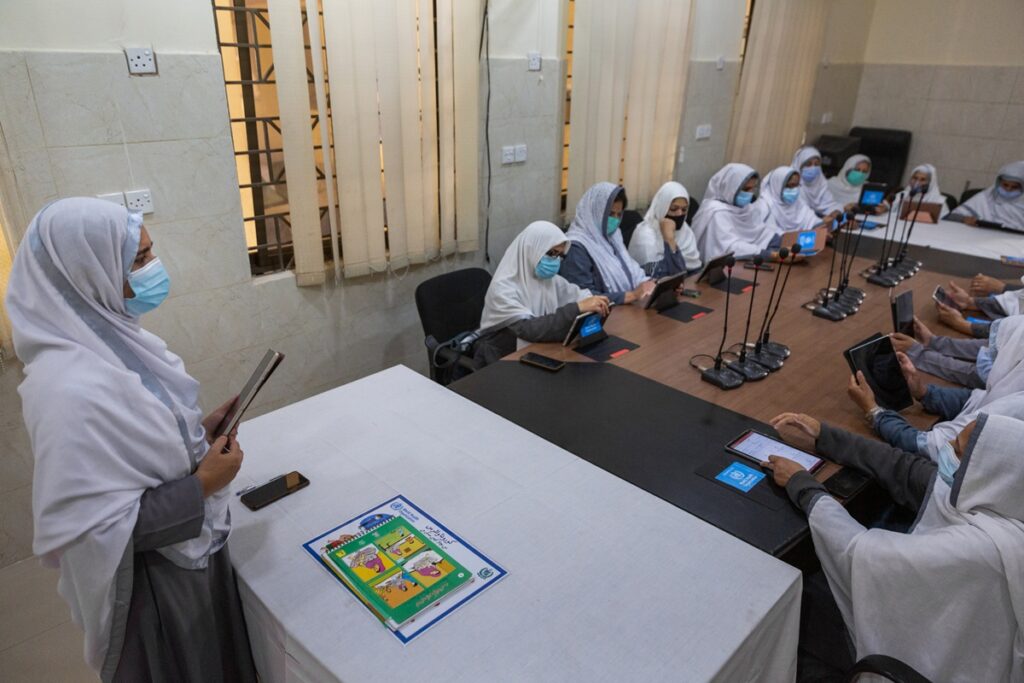Evidence from datasets around the world
The 1994 International Conference on Population and Development (ICPD) was a turning point in approaches to sexual and reproductive health and rights (SRHR). The Plan of Action recognized that reliable, timely and internationally comparable data form the basis for the development, implementation, monitoring and evaluation of policies and programmes.
Significant advances have been made in data collection and monitoring on this topic. SRHR research greatly benefits from the availability of many individual-level data points from frequently collected cross-national standardized datasets. Comparative analyzes using these global datasets help understand and track trends in fertility rates, maternal mortality rates, contraceptive use, unintended pregnancies, and other reproductive health indicators within countries and compare them across countries. , is important to this field to serve as input for further analysis and provide relevant evidence. It informs advocacy efforts and guides policy makers in decision-making regarding finance and health systems.
When data collection systems and methods utilize individual-level data, analyzes can account for the multiple and intersecting forms of discrimination and marginalization that women and girls face when accessing SRH services. Such evidence is essential to inform countries' implementation of her ICPD action plan.
Overall, advances in data and monitoring since the ICPD have significantly improved our understanding of trends in fertility, contraceptive use, unintended pregnancies, maternal morbidity and mortality, reproductive health needs, and the effectiveness of interventions. improved. These data play a critical role in advocating for SRHR, informing policy, allocating resources efficiently, and ultimately improving the lives of millions of people around the world. Nevertheless, to ensure that data and monitoring are regularly disaggregated to ensure that no one is left behind and to seek to reach those furthest behind first, further Many things need to be done.
Purpose of the panel discussion
- Reviewing advances and challenges in SRHR since the ICPD based on evidence from global datasets
- Identify key needs for improved data and evidence for global monitoring
- To highlight examples of how data is used for policy-making and advocacy
Speakers include:
- Vladimila KantorovaDESA, United Nations Population Division
- Jonathan BearackGuttmacher Institute
- jenny creswellWHO/HRP
- Onikepe OwolabiGuttmacher Institute
- Moderator: Nelly ManyasiaExecutive Director, Reproductive Health Network, Kenya


